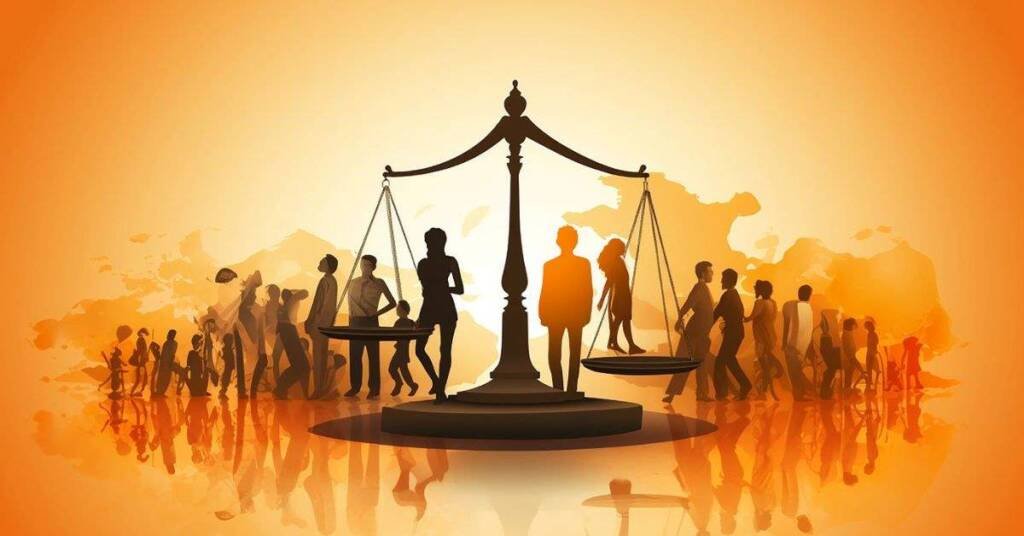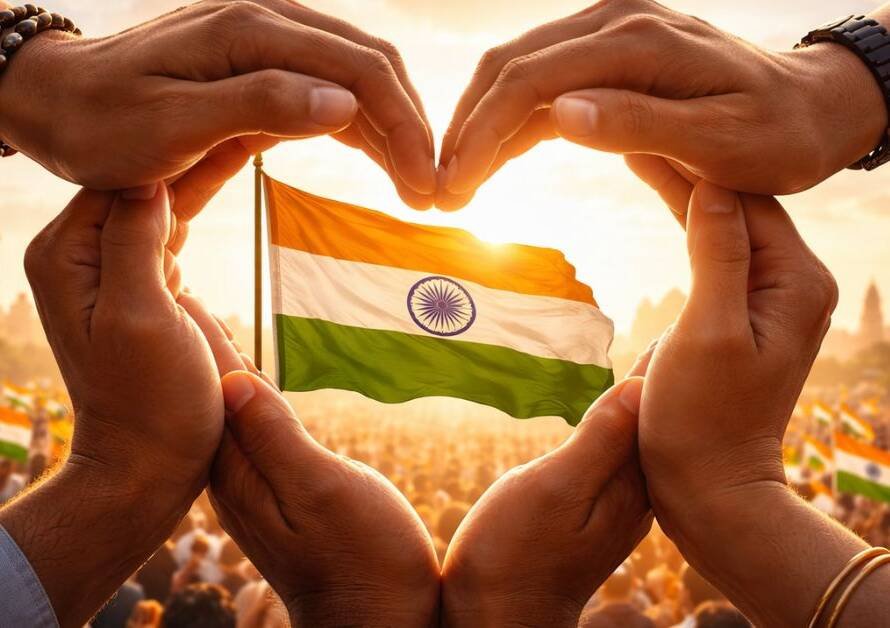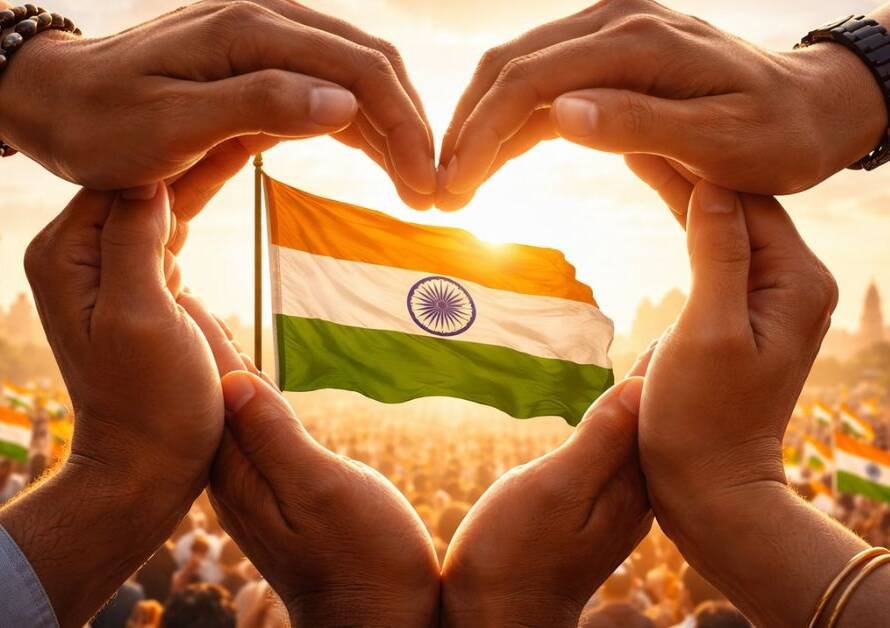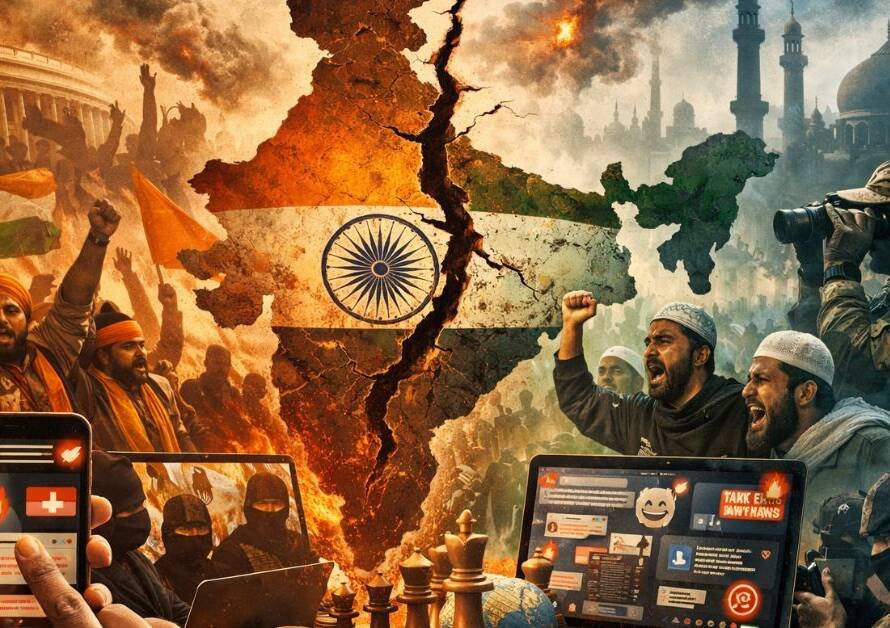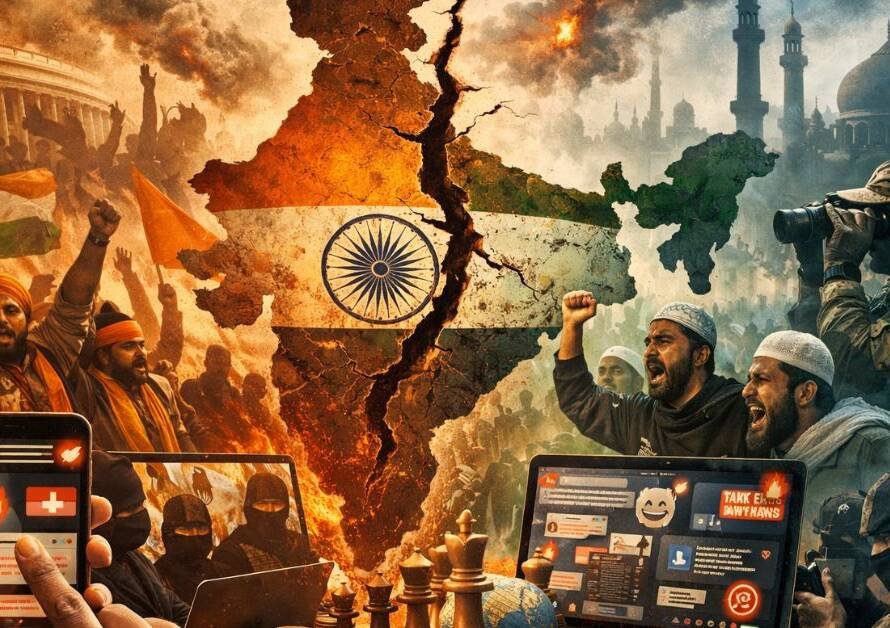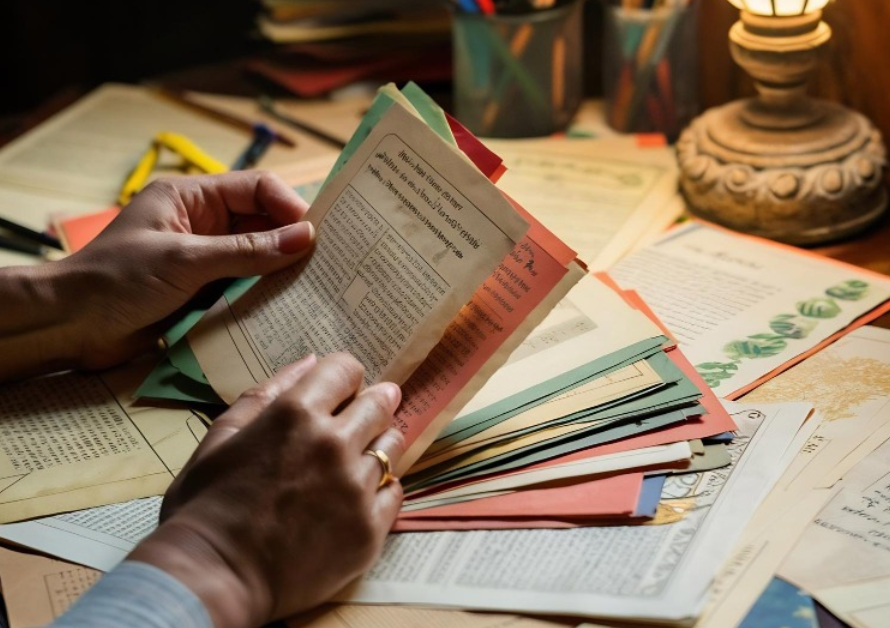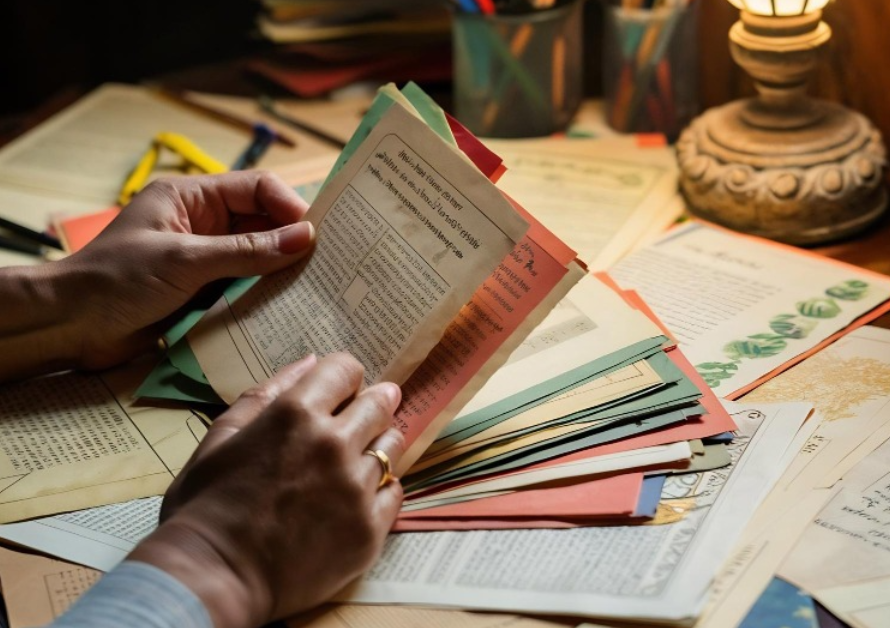Dealing with a biased judiciary, bureaucracy, and media, especially when they support activities that promote divisiveness and serve the interests of political parties exploiting vote banks, is a complex and difficult issue. The situation becomes even more serious when key institutions like the judiciary and media, which are meant to uphold justice and truth, appear to be complicit. Here is a strategic approach to address this challenge:
- Increasing Public Awareness
Educate the Public: The first step is to raise awareness among the general public about the biased narratives propagated by the media and selective interpretations of the judiciary. People need to understand how vote-bank politics weakens national unity and cultural integrity.
Leverage Social Media: In today’s digital age, social media can be a powerful tool to bypass traditional media bias. By presenting truthful and balanced perspectives, backed with facts, we can shape public opinion against media and judicial biases.
Fact-Checking and Counter Narratives: Conduct fact-checking campaigns to expose misleading media reports and narratives. Providing logical and fact-based counter-narratives is essential to educate the public about distortions in media portrayals and judicial decisions. - Legal and Constitutional Reforms
Judicial Accountability: Advocate for reforms to increase judicial accountability. While the independence of the judiciary is crucial, it should not serve as a cover for corruption, bias, or injustice. Greater transparency in judicial appointments, decision-making, and performance monitoring can help reduce biases.
Public Interest Litigation (PIL): Use PILs to challenge biased practices, political interference, and misuse of state resources for vote-bank politics. Courts should be made to consider the potential harm these activities pose to the integrity of Indian democracy and national unity.
Strengthen Anti-Bias Laws: Advocate for laws ensuring that the media and judiciary remain impartial. The government must ensure that these institutions are not used to push specific political ideologies or religious agendas. - Political Mobilization
Unite Political Parties: While some political parties may engage in vote-bank politics, it is crucial to unite like-minded parties to push for electoral and legislative reforms. Form coalitions that prioritize national interests and cultural values.
Electoral Reform: Advocate for electoral reforms that can limit the impact of vote-bank politics. Support policies focused on merit, national security, and social harmony.
Consolidate Hindu Vote Bank: While ensuring equal treatment for all communities, it is important to organize the Hindu vote bank for causes related to national security, cultural integrity, and the protection of Hindu interests. - Empowering Alternative Media
Support Independent Media: Since mainstream media is often perceived as biased, promote independent media outlets that focus on truth, national issues, and justice.
Community-Based Journalism: Encourage grassroots and community-driven journalism that accurately reflects the concerns of ordinary people.
Online Platforms and Social Media Campaigns: Use online platforms to spread awareness and challenge the mainstream media’s narratives. - Engaging with International Platforms
Global Advocacy: Engage with international platforms like human rights organizations and global media to expose biases in the judiciary and media.
Highlight National Security Concerns: Use international forums to showcase the dangers of vote-bank politics and biased judicial decisions that threaten India’s unity and security. - Promoting Education and Critical Thinking
Educational Reforms: Push for changes in the education system that emphasize historical truth, cultural heritage, and critical thinking.
Public Discussions: Organize debates, seminars, and discussions in schools, colleges, and communities to educate people on the dangers of biased media and judiciary. - Building Grassroots Movements
Strengthen Civil Society: Mobilize civil society groups focused on national unity and cultural preservation.
Mass Mobilization: Organize large rallies and protests to demand judicial reforms, unbiased media, and an end to divisive vote-bank politics. - Creating a Long-Term Vision
Cultural Reclamation: Foster cultural and historical education among younger generations to connect them with their roots and heritage.
Sustained Advocacy: Engage in long-term efforts for reforms in media, politics, and judiciary. A short-term approach will not suffice; a long-term vision is necessary to safeguard against political manipulation, judicial bias, and media distortion.
Conclusion
Addressing the challenges of biased judiciary, media, and political exploitation through vote-bank politics requires a multi-pronged approach. This involves public awareness, legal reforms, political mobilization, empowering alternative media, and building grassroots movements. Creating an informed and united populace aware of these biases is crucial to safeguarding India’s unity, culture, and national security.

